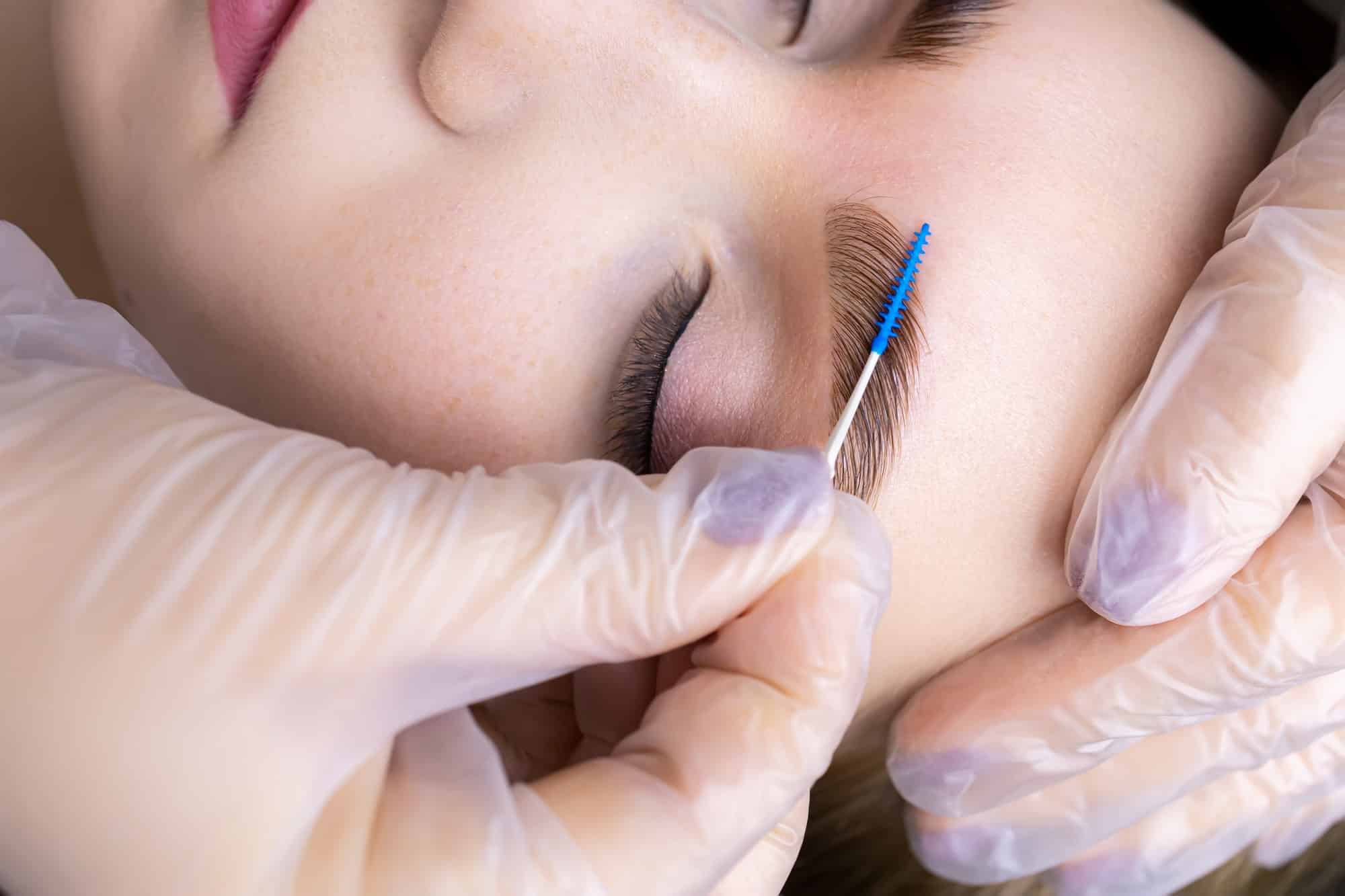Index:
- Introduction: The Worrisome Experience of Hair Loss 🌟
- Understanding the Causes of Hair Loss 🧐💨
- Early Intervention: The Key to Managing Hair Loss 🕑✨
- Hair Care Tips for Reducing Hair Loss 💆♀️🌿
- Professional Help: Consultation with a Dermatologist 👩⚕️
- Treatment Options: Restoring Confidence and Hair 🌟💇♀️
- Conclusion: Taking Control of Your Hair Health! 👩🦲🌟
Introduction: The Worrisome Experience of Hair Loss 🌟
Experiencing hair loss can be distressing, but you’re not alone. In this blog post, we’ll explore the causes of hair loss and provide guidance on what to do when you’re faced with this common concern.
2. Understanding the Causes of Hair Loss 🧐💨
Hair loss can be caused by various factors, including:
- Genetics: Family history plays a significant role.
- Hormonal Changes: Pregnancy, menopause, or thyroid issues can trigger hair loss.
- Stress: High stress levels can lead to hair shedding.
- Medical Conditions: Scalp conditions or chronic illnesses may contribute.
- Medications: Some drugs can have hair loss as a side effect.
- Nutritional Deficiencies: A lack of essential nutrients can affect hair health.
3. Early Intervention: The Key to Managing Hair Loss 🕑✨
Recognizing hair loss early is crucial for effective management. If you notice increased hair shedding or thinning, don’t delay in taking action. Early intervention often yields better results.
4. Hair Care Tips for Reducing Hair Loss 💆♀️🌿
Implement these hair care tips to reduce hair loss:
- Use a gentle shampoo and conditioner.
- Avoid harsh chemical treatments or excessive heat styling.
- Maintain a balanced diet rich in vitamins and minerals.
- Minimize tight hairstyles that pull on the hair.
- Be gentle when brushing or combing to prevent breakage.
5. Professional Help: Consultation with a Dermatologist 👩⚕️
Hair loss can be a distressing experience, and it’s natural to feel concerned when you notice your hair thinning or falling out. While some hair loss can be attributed to factors like genetics and aging, consulting with a dermatologist is a crucial step in understanding and addressing the issue effectively.
Why Consult a Dermatologist?
Dermatologists are medical professionals who specialize in diagnosing and treating disorders of the skin, hair, and nails. When it comes to hair loss, they are uniquely equipped to help you. Here’s why consulting a dermatologist is essential:
1. Accurate Diagnosis: Hair loss can have various causes, including genetic factors, hormonal imbalances, nutritional deficiencies, stress, and certain medical conditions. A dermatologist can perform a thorough examination and, if necessary, order diagnostic tests to pinpoint the specific cause of your hair loss. This accurate diagnosis is crucial because different types of hair loss require different treatment approaches.
2. Personalized Treatment Plans: Once your dermatologist identifies the underlying cause of your hair loss, they can create a customized treatment plan tailored to your needs. Whether your hair loss is due to conditions like alopecia areata, androgenetic alopecia (male/female pattern baldness), or telogen effluvium, a dermatologist can recommend the most appropriate treatments.
3. Medications and Procedures: Dermatologists have access to a range of medications and procedures designed to promote hair regrowth and slow down hair loss. For example, they may prescribe medications like minoxidil or finasteride, recommend low-level laser therapy, or even suggest platelet-rich plasma (PRP) therapy or hair transplant surgery, depending on the severity and cause of your hair loss.
What to Expect During a Dermatologist Appointment:
When you visit a dermatologist for concerns about hair loss, here’s what you can typically expect during your appointment:
1. Thorough Evaluation: The dermatologist will start by discussing your medical history, family history of hair loss, lifestyle factors, and any medications you are currently taking. They will then conduct a visual examination of your scalp and hair to assess the extent and pattern of hair loss.
2. Diagnostic Tests: If necessary, your dermatologist may recommend additional tests such as blood tests or a scalp biopsy to determine the exact cause of your hair loss.
3. Treatment Recommendations: Based on their evaluation and the test results, your dermatologist will provide you with a treatment plan. They will explain the recommended treatments, their potential side effects, and what you can expect in terms of results and timeline.
4. Follow-Up: Hair loss treatment often requires ongoing monitoring and adjustments. Your dermatologist will schedule follow-up appointments to track your progress and make any necessary changes to your treatment plan.
Conclusion: Seeking Professional Guidance
When hair loss strikes, it’s essential to seek the expertise of a dermatologist. They have the knowledge and tools to diagnose the cause of your hair loss accurately and provide you with a tailored treatment plan that can help you regain your hair and confidence. Don’t let hair loss take control of your life; take control of your hair health by consulting with a dermatologist who can guide you on your journey to hair restoration and improved self-esteem.
6. Treatment Options: Restoring Confidence and Hair 🌟💇♀️
Depending on the cause and severity of your hair loss, various treatment options may be available, including:
- Topical medications or minoxidil.
- Oral medications like finasteride.
- Platelet-rich plasma (PRP) therapy.
- Hair transplantation.
Consult with a healthcare provider to explore suitable treatments that can help restore your confidence and hair.
Conclusion: Taking Control of Your Hair Health! 👩🦲🌟
Hair loss can be a challenging experience, but with early intervention, proper care, and guidance from professionals, you can take control of your hair health. Remember that you’re not alone in this journey, and there are solutions to help you regain confidence and maintain healthy, vibrant hair. Don’t hesitate to seek help and explore the options available to you! 👩🦲🌟






